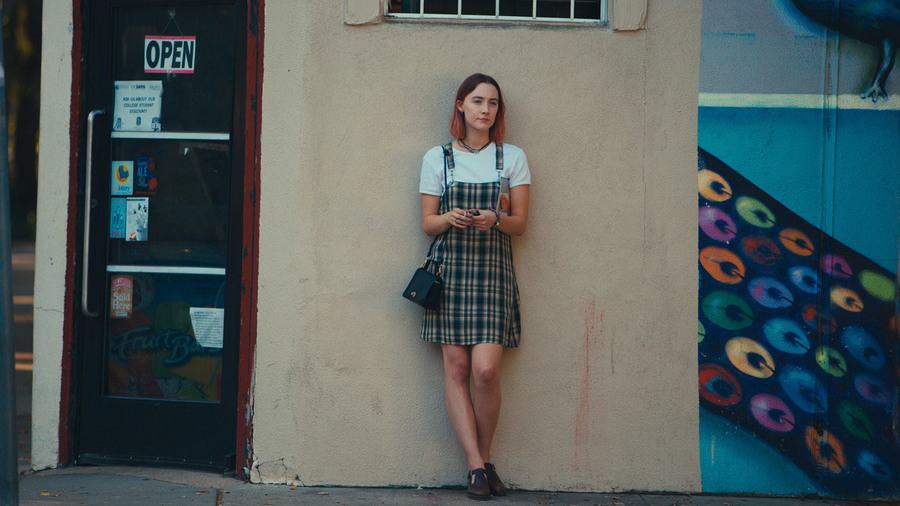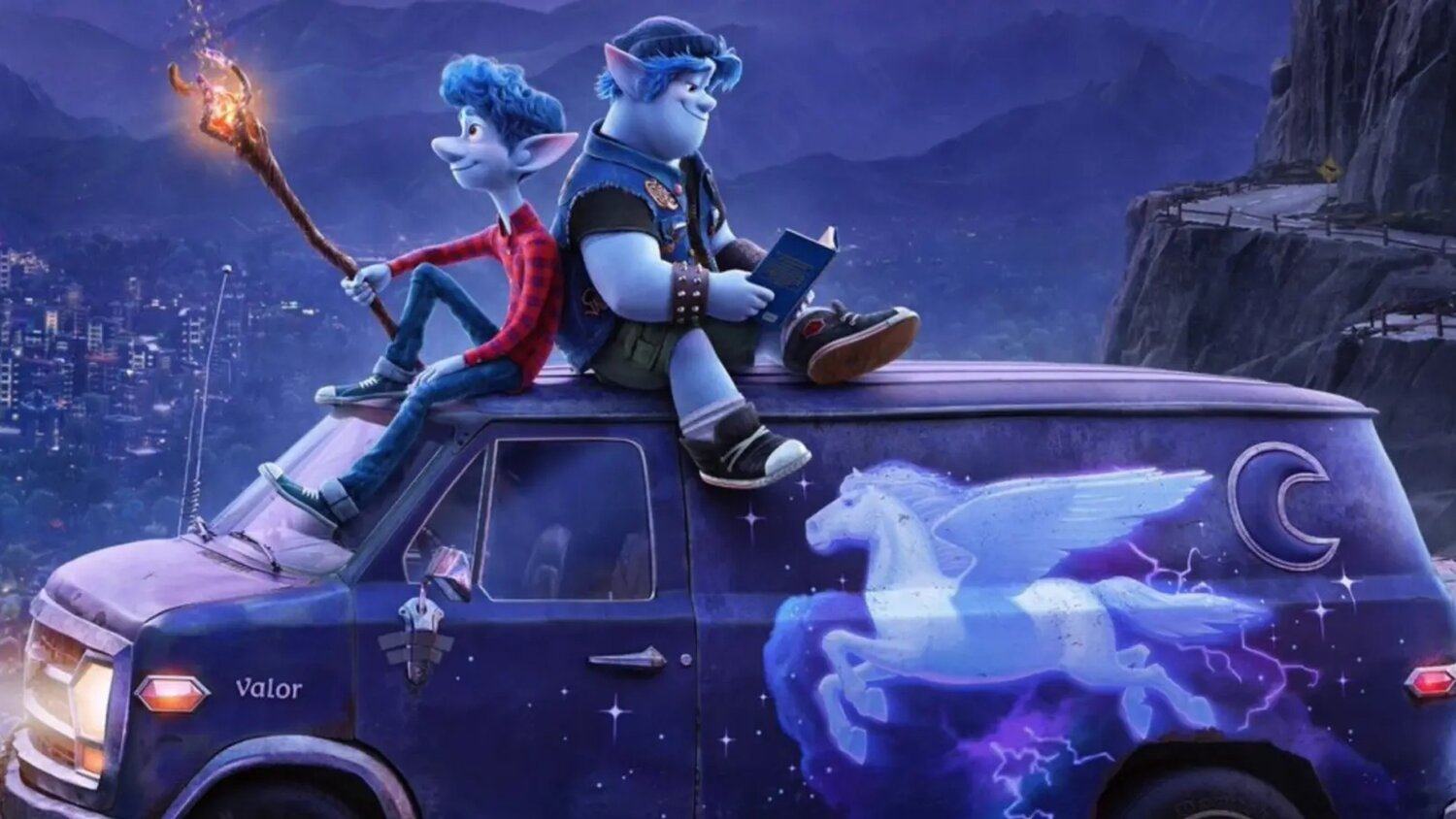Title: Lady Bird
MPAA Rating: R
Director: Greta Gerwig
Starring: Saoirse Ronan, Lucas Hedges, Laurie Metcalf
Runtime: 93 Minutes
What it is: Christine “Lady Bird” McPherson (Ronan), Lady Bird being her given name–that is, given to herself by herself–is a vibrant adolescent living in Sacramento. Between life at a strict and overbearing Catholic school and a home-life defined by a tumultuous yet loving relationship with her mother, Lady Bird is trying to get into a New York college while navigating the struggles and joys of growing up poor and discovering the chaotic beauty of life.
What we think: There are a lot of ways in which we have all seen Lady Bird before, in some form or another. The teen coming-of-age story, particularly when a teenage girl is at the center, is a genre populated by tropes and recycled cliches. Some of these films are almost nauseatingly artificial, and you can often tell you’re in for one within the first few minutes: a Wes Anderson inspired color pallet; an upbeat and folky score; most likely an opening tracking shot; characters who operate according to specific traits; snappy dialogue full of sarcasm and one-liners. The thing about Lady Bird is that it defies the trappings of its genre simply by being so decidedly honest and unwaveringly authentic. There are a few tropes that remain in the film, and yet their being there is in no way enough to fault the film; they are handled with the same level of authenticity and equanimity of storytelling as everything else in the film.
Lady Bird herself is one of the most memorable characters this year–even beyond this year–owed both to Ronan’s performance and Gerwig’s brilliant writing. She isn’t defined by singular traits; her struggles have a chaotic range of complexity just as it is for an adolescent in real life; her story isn’t defined by romance as it so often is in this genre.
The heart of the film is Lady Bird’s tumultuous relationship with her mother (Metcalf). It is a feat of writing and portrayal of a thoroughly realistic relationship that mother and daughter can be crying together in shared appreciation of a beautiful audiobook and making jokes together one second, and moments later they’re in an argument loaded with bitterness and harbored feelings–and then yelling at each other; or bickering, as usual, one second while shopping, then agreeing emphatically that the dress one is holding up is perfect. And there is no simple solution to their problems, nor to any of the conflicts in the film. Lady Bird the film is about growing up poor, it’s about finding yourself through experiences in which you inevitably learn about yourself and the people around you; it’s about how a place defines you and you define a place, whether that be a physical place or a place you’re symbolically at in life. Not a single character feels anything less than completely real, not a single moment feels forced or contrived. And by this authenticity alone, Lady Bird subverts all expectations of its genre and becomes something totally beautiful and unexpectedly powerful.
Our Grade: A+, Even though it doesn’t avoid every trope of its genre, Lady Bird is never anything less than a great film. It depicts what David Foster Wallace called “the virtue of everyday life” by way of its authenticity. It’s mundane setting of Sacramento–a place one you would likely never call cinematic–is given loving representation, treated with affection not only by the characters but by the film itself, enough that the setting can be said to be a character. And the film is also an honest depiction of what it’s like to grow up poor when the struggles of your home-life and the poverty of your family have a stranglehold on your future and your dreams. Mostly it is a film about a girl in her rocky transition to becoming a young woman, how her relationships–most especially the complex relationship with her mother at the film’s center–define who she is and who she is becoming. It is a tender, entertaining, wonderful film, and earns its unanimous praise simply because of its grounded honesty. It isn’t one to miss.



